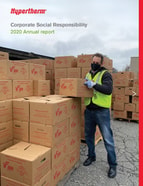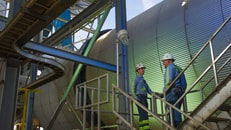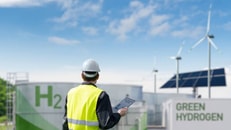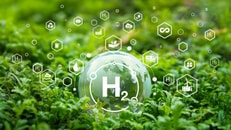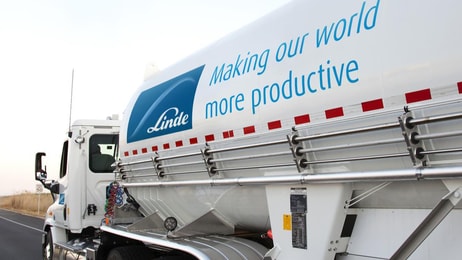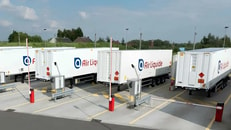UK project to produce clean hydrogen and graphene from biogas
Water company United Utilities is partnering with UK-based climate technology firm Levidian on a pilot project to produce clean hydrogen from biogas at a wastewater treatment facility in Manchester in the UK.
The project will use methane extracted from sewage waste as a feedstock for hydrogen production.
Levidian’s Loop device uses electromagnetic waves to split methane – the main component of biogas – into hydrogen and solid carbon.
... to continue reading you must be subscribed






